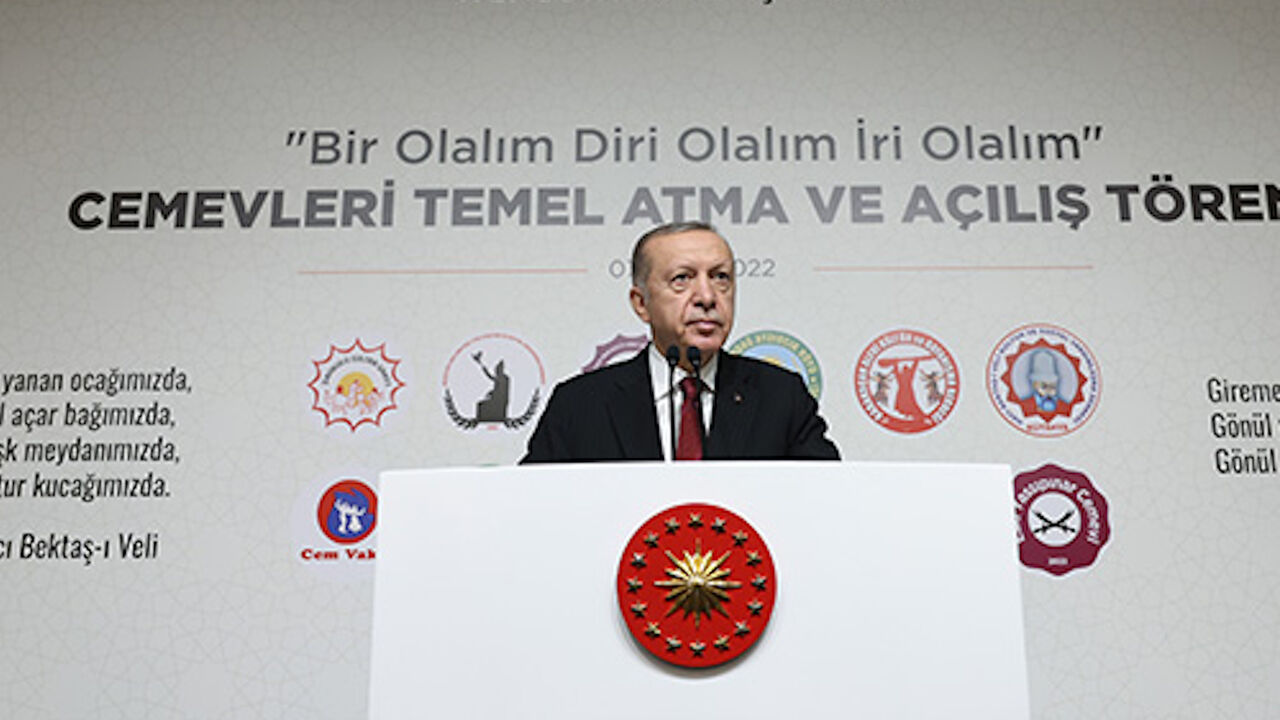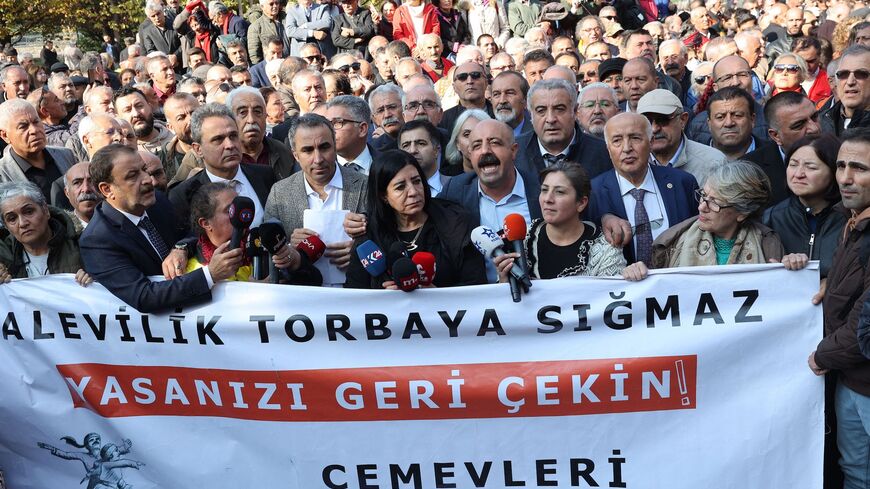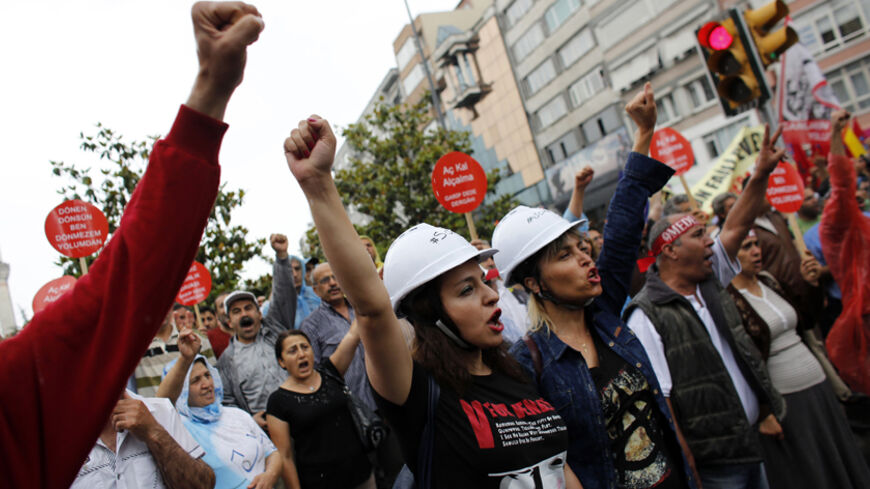

Why AL-Monitor?
AL-Monitor is an award-winning media outlet covering the Middle East, valued for its independence, diversity and analysis. It is read widely by US, international and Middle East decision makers at the highest levels, as well as by media, thought and business leaders and academia.
Read by









Live news & notifications

Premier analysis of the Middle East

Live events & video

Specialized Newsletters

Big, exclusive interviews

ALM archives since 2012

Subscribe for unlimited access
By becoming an Al-Monitor subscriber, you drive our team’s rigorous and independent journalism spanning the Middle East.
Continue





![- PHOTO TAKEN 27OCT05 - Alevi women rock back and forth as they worship in the haunting rhythm and religious chants during their prayers "Cem Ayini" at an Alevi cemevi in Istanbul October 27, 2005. Long oppressed under Ottoman rule, the Alevis say they still face discrimination, even though the government has officially championed religious freedoms and human rights as it bids to gain membership to the [European Union]. Photo taken October 27, 2005. - RTXNXQC](/sites/default/files/styles/article_header/public/almpics/2014/06/RTXNXQC.jpg/RTXNXQC.jpg?h=c2c5b897&itok=OFMMcm1n)
